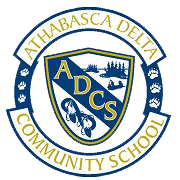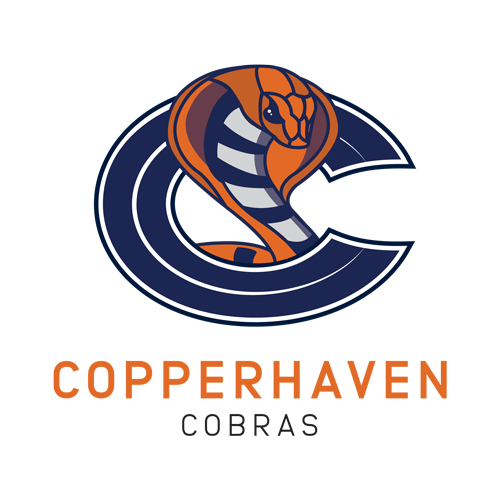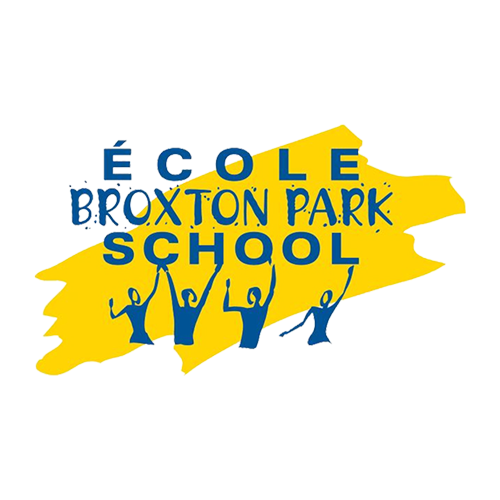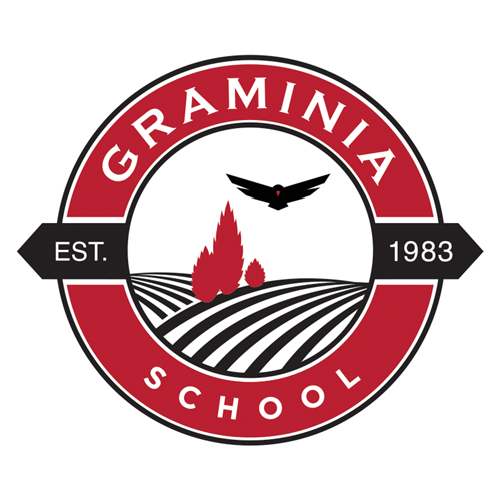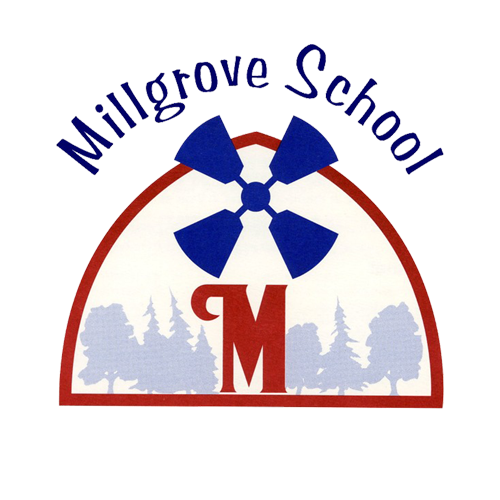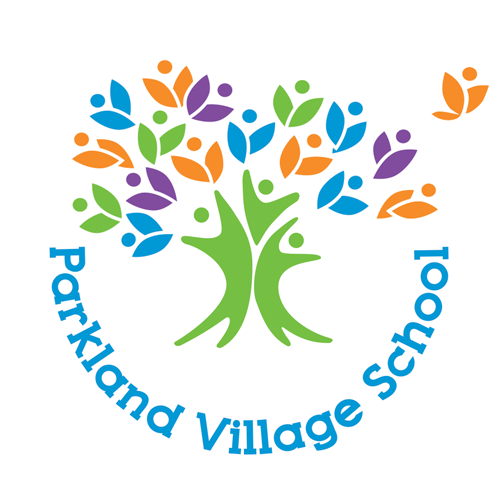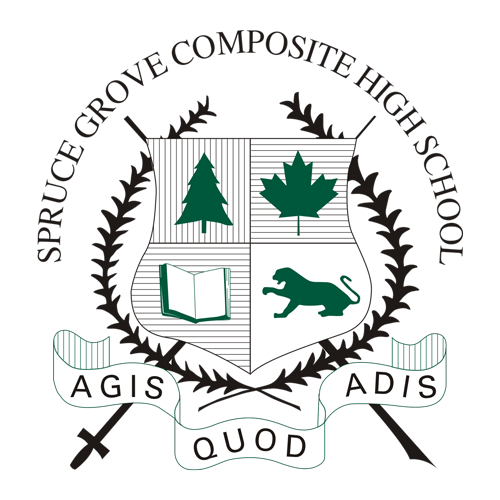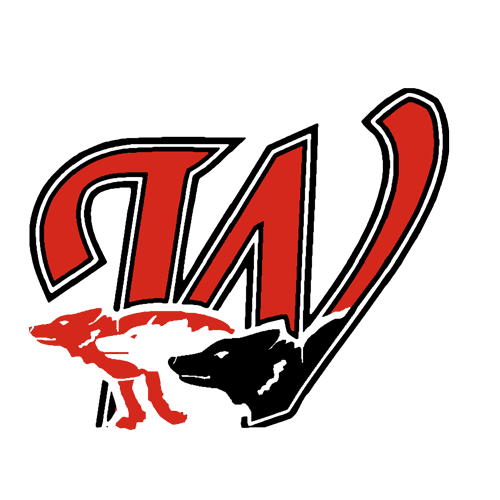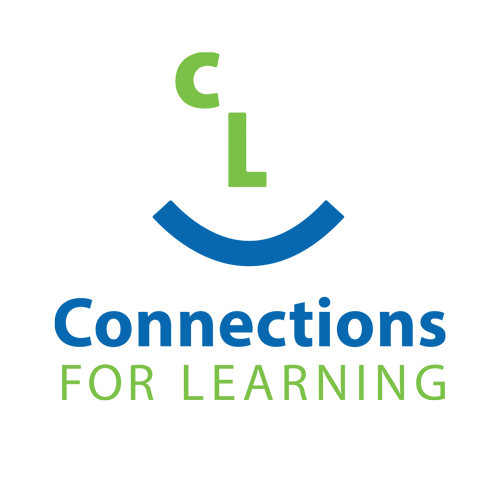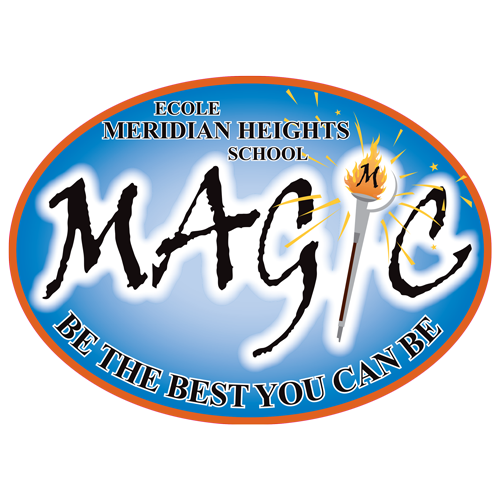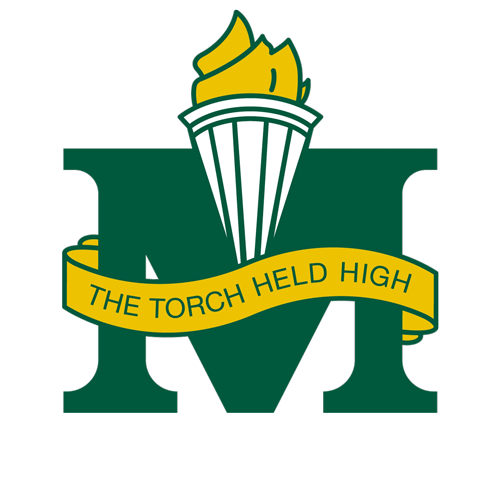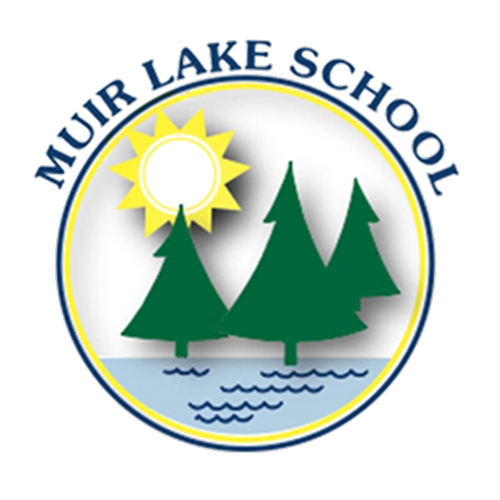AP 268: Indigenous Ceremonial Activities
Instruction & Assessment
Background
The Superintendent recognizes the importance of demonstrating respect and understanding for the heritage, culture and traditions of the Indigenous communities.
Indigenous ceremonial activities promote the implementation of the Truth and Reconciliation Commission of Canada: Call to Action, the Teacher Quality Standard number 5: Applying Foundational Knowledge about First Nations, Métis and Inuit of Alberta, and the Leadership Quality Standard number 5: Supporting the Application of Foundational Knowledge about First Nations, Métis and Inuit.
The Superintendent recognizes that ceremonies that feature smudging and/or pipe ceremonies may use herbs and tobacco that are a part of an Indigenous traditional way of life; these materials are, therefore, permitted in Parkland Schools (subject to proper safety measures).
Definitions
a) Elder: shall refer to a First Nations, Métis or Inuit individual who is recognized by their community for their wisdom with respect to tradition, knowledge, spirituality, culture and/or language. Notably, some Elders do not mind being referred to as an Elder, while others may prefer to be called Grandmother, Grandfather, Uncle, or Auntie.
b) Indigenous Ceremonial Activities: shall refer to those activities that encompass a diverse array of traditions rooted in the cultural, spiritual, and historical practices of Indigenous communities. These activities often play a central role in preserving and transmitting cultural heritage, fostering community cohesion, and maintaining a harmonious relationship with the natural environment. Indigenous ceremonial activities may include sacred dances, chants, storytelling, and the use of ceremonial objects, each serving specific purposes such as spiritual connection, healing, or marking significant life events. These ceremonies reflect the unique belief systems, and social structures of Indigenous peoples, contributing to the ongoing resilience and identity of these communities.
c) Knowledge Keeper: shall refer to an individual who has been taught by an Elder or senior Knowledge Keeper within their community. Knowledge Keepers are considered to be highly respected individuals, entrusted with preserving and sharing the wisdom, knowledge, and traditions of their people. Knowledge Keepers are crucial for cultural continuity, acting as living connections to the past, and serving as teachers, advisors, and guides.
d) Pipe Ceremony: shall refer to a traditional ceremony that features the use of a ceremonial pipe. Pipe ceremonies hold profound significance within Indigenous communities. The pipe is often considered a sacred conduit, connecting individuals with the spiritual realm and fostering unity among participants. Indigenous pipe ceremonies are conducted for diverse purposes, including prayer, healing, and communal bonding, with each ceremony being deeply tied to the specific cultural beliefs and practices of the participating Indigenous group. These ceremonies emphasize a profound connection to the land, ancestors, and guide the community.
e) Smudging: shall refer t an Indigenous tradition involving the burning of sage, sweet-grass, willow fungus and/or cedar. Smudge produces a distinct scent, but the smoke associated with it is minimal and lasts a very short time. A Smudge is ceremonially burned to represent cleansing the body, mind, and spirit to remember, connect and feel grounded in the present.
Procedures
1. With respect, and deference, to Elders and Knowledge Keepers, staff shall seek to understand how each individual Elder or Knowledge Keeper prefers to be acknowledged.
2. Instructional Services shall provide protocol guidance, when requested, and staff are advised to connect with a knowledgeable individual to provide clarity when protocol matters are uncertain.
3. Indigenous ceremonial activities shall be approved by the Principal, Site Supervisor or designate.
4. The Principal, Site Supervisor or designate shall ensure that the staff members involved understand the associated protocols and importance of the ceremony, as part of an Indigenous traditional way of life.
5. An indoor ceremony may be held in a designated area that provides sufficient physical space for the comfort and safety of the participants; notably,
5.1. Comfortable seating, or mats, shall be provided for participants who will be sitting or kneeling on the floor for extended periods; and
5.2. Elders and/or Knowledge Keepers shall be provided the respect of first consideration for meals, or any other matters respecting an order of precedence.
6. Ceremonies shall be led by an individual who understands the meaning and importance of the ceremony, and who has consent from an Elder or Knowledge Keeper to lead the ceremony, notably:
6.1. The process of smudging shall be similarly completed by an individual who understands the significance and protocol of the Smudge; in addition to Elders and Knowledge Keepers, a Smudge may be conducted by any individual with the consent of an Elder or Knowledge Keeper.
7. Once a ceremony is concluded, the Principal or Site Supervisor shall ensure that proper protocols are followed with respect to the disposal of materials; notably:
7.1. Staff shall consult with Indigenous Elders or Knowledge Keepers with respect to proper disposal of material.
7.2. Smudge remnants are not to be discarded, but shall either be buried (returning the material to the earth), scattered in a natural setting, such as a garden, forest or nearby body of water.
8. It is important for the Ceremonial participants to understand that the protocol for ceremonial activities may vary, as they are dependent on the specific Indigenous Ways of Knowing within the culture that is attending to the activity.
9. Staff are expected to be adaptable to a variety of Ceremonial methods, and shall respectfully defer to whomever is leading the activity.

